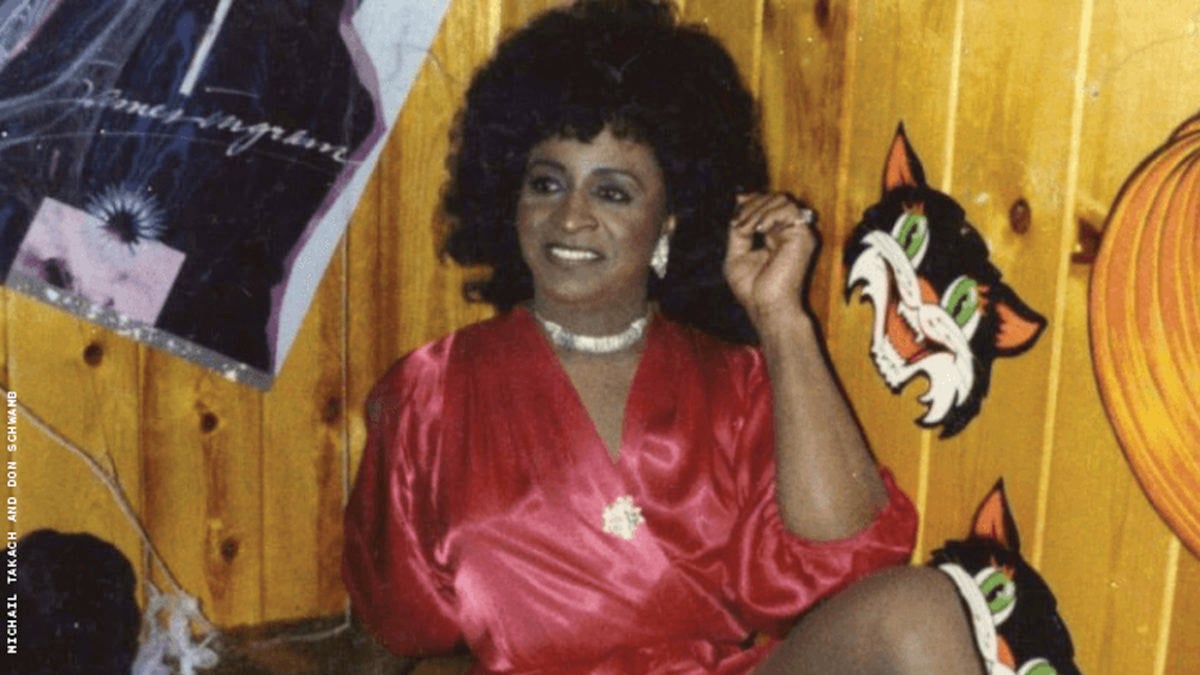
The Black Nite Brawl took place August 5, 1961, at a Milwaukee bar that catered to the LGBTQ community. Four sailors went to the bar on a dare and were chased off by a patron, Josie Carter, described as a gender-nonconforming Black queen. Photo: Michail Takach and Don Schwamb.
The city of Milwaukee and the state of Wisconsin are commemorating the 60th anniversary of an uprising against anti-LGBTQ+ violence and discrimination that predated the Stonewall riots by eight years.
The Black Nite Brawl took place August 5, 1961, at a Milwaukee bar that catered to the LGBTQ+ community. Four sailors went to the bar on a dare and were chased off by a patron, Josie Carter, described by organizers of the anniversary event as a gender-nonconforming Black queen.
“We didn’t start anything, but we sure as hell finished it,” Carter told the Wisconsin LGBT History Project in 2011. “Those guys only came down there to cause trouble. When he tried to kick them out, they all tried to fight him. And I thought, ‘Oh no, you’re not going to hurt MY husband.’ I went out there with a beer bottle in each hand, ready to knock some heads.
“This man turned on me. I thought, I can’t let him put his hands on me. He was big, and he kept coming at me. I thought he would kill me. In that moment, I could fight off an army in a bathrobe. I let him have everything that was in that bottle. He went down.”
The man’s companions took him to a hospital, then returned to the Black Nite with others they had recruited, intending to “clean up” the bar and “teach those sick faggots a lesson,” according to a crowdfunding page for the anniversary event. The bar had been nearly empty when the sailors had been their earlier, but now they encountered 75 patrons ready to fight back.
“The battle didn’t last long, but it was intense: One patron suffered extreme lacerations when he was thrown through a broken window; another patron experienced a brain concussion when he was hit in the head with a barstool,” Milwaukee historian Michail Takach wrote in OnMilwaukee in 2017. “He would remain in critical condition for weeks after the brawl. In the end, over $2,000 in losses were reported, including the bar’s entire bottled liquor inventory, an electric organ, a jukebox and all windows.”
Police actually defended the bar and its patrons, arresting the attackers and taking them into custody. The original four sailors were charged with disorderly conduct, but a judge dropped the charges, citing lack of evidence. Media coverage of the uprising was homophobic and sensationalistic, but it had the effect of making the Milwaukee queer community visible, and activists demanded rights. However, the bar owner, a supporter of the community, had to change the business’s name in order to keep his liquor license. The bar was was eventually closed and the site demolished.
5 years later, man falsely accused of lewd conduct by Manhattan Beach police gets his name cleared
Carter remained an icon to LGBTQ+ Milwaukeeans until her death in 2014. She did not identify as transgender “despite living a full and proud female life,” Takach wrote. She said she never had trouble with police, even though “laws prohibiting ‘cross-dressing’ had been on the books since pioneer times, and even in the 1960s, police were empowered to apprehend, inspect and arrest any individual not wearing three pieces of biological gender-appropriate clothing,” he wrote. “Today, we can’t even imagine the bravery and boldness that was required to live a transgender life in midcentury Milwaukee.”
Now she and the others who fought back at the Black Nite brawl are receiving major recognition. Wisconsin Gov. Tony Evers, a Democrat, has proclaimed Thursday as Black Nite Remembrance Day throughout the state. The Wisconsin LGBTQ History Project hosted an event Thursday commemorating the uprising.
Speakers included Milwaukee Mayor Tom Barrett; Milwaukee Common Council member JoCasta Zamarripa; a representative of the Milwaukee County Executive’s Office; Brice Smith, coordinator of the Wisconsin Transgender Oral History Project; Elle Halo, transgender rights activist; and Don Schwamb, founder of the History Project, and Takach, its curator.
In 1982, Wisconsin became the first state in the nation to pass a law banning employment and housing discrimination based on sexual orientation.
The following year it legalized all sex acts between consenting adults. However, it has yet to add gender identity to the antidiscrimination law. Milwaukee has a law banning discrimination based on both sexual orientation and gender identity.
This article originally appeared on Advocate.com, and is shared here as part of an LGBTQ+ community exchange between Q Voice News and Pride Media.
